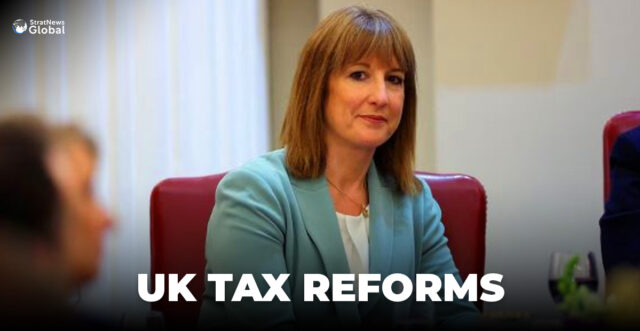The Institute for Fiscal Studies (IFS) said on Monday that British finance minister Rachel Reeves should use her November budget to implement long-overdue tax reforms aimed at boosting revenue while minimizing economic disruption.
The IFS urged Reeves against simply raising the levels of existing taxes to bring in the extra money she needs – estimated at about 30 billion pounds ($40 billion)- to stay on course for her targets to repair the public finances.
“The last thing we need in November is directionless tinkering and half-baked fixes,” Isaac Delestre, a senior research economist at the IFS, said.
“There is an opportunity here. The chancellor should use this budget to take real steps down the road towards a more rational tax system,” Delestre said.
No Increase In Tax
Reeves and Prime Minister Keir Starmer have promised voters they will not raise the rates of social security contributions, value added tax or income tax on “working people” nor increase the main tax on company profits.
After raising social security costs for employers last year, alternatives for Reeves in her next budget on November 26 include taxes on wealth and property.
The IFS said changes to wealth-related taxes, including capital gains tax, would be more effective than the introduction of an annual wealth tax, as sought by some lawmakers in the governing Labour Party.
On property, shifting the burden of local property taxation towards regions such as London which had seen faster house price growth in recent decades and scrapping the stamp duty tax on property acquisitions should be considered, the think tank said.
Last week, the leader of Britain’s opposition Conservative Party said she favoured abolishing stamp tax.
Another think tank, the National Institute of Economic and Social Research, said on Friday that Reeves should break her promise not to raise taxes on working people rather than seek to raise revenue in more economically damaging ways.
($1 = 0.7536 pounds)
(With inputs from Reuters)





